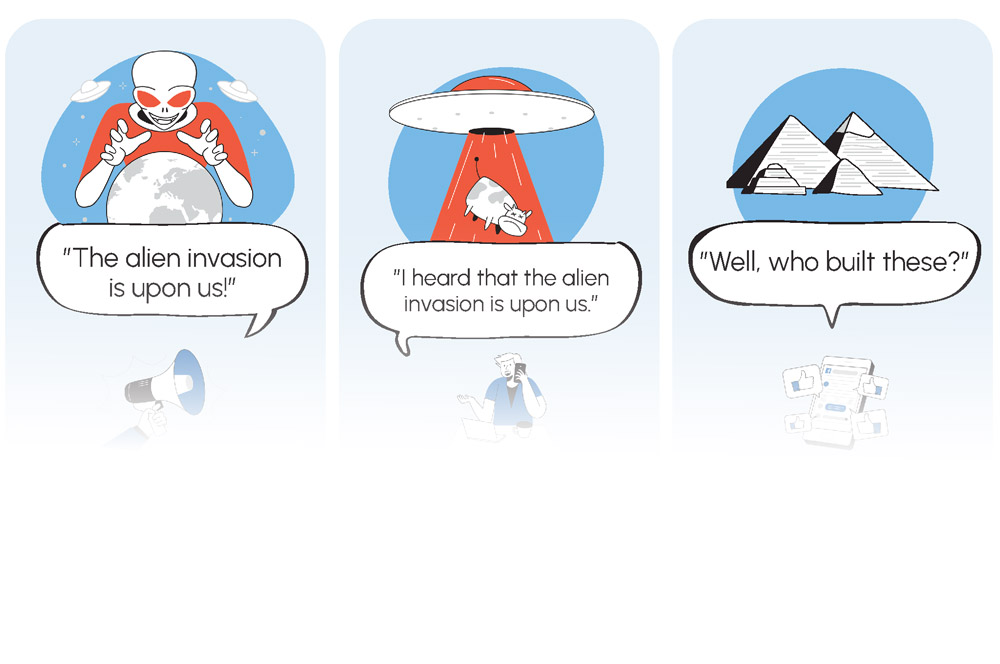Trolls cause controversy and upset people
Trolling is when someone posts messages or comments online to “attract” people, which means that they deliberately provoke an argument or emotional response. In some cases, they may say things that even they don’t believe, just to create drama. In other cases, they may not agree with another person or group’s views online, so they try to belittle, humiliate, or punish them. This can include cyberbullying, i.e. personal attacking on someone because of their race, culture, religion, gender, sexual orientation, or disability. The troll may also encourage others to join in the attack, turning it into a mass attack.
The motivations behind trolling
The word “troll” may conjure up images of an ugly mythical creature living under a bridge, but in the digital world, trolls create controversy. In many cases, they don’t really care about the actual topic of discussion, but engage in it because it gives them satisfaction. Their intention is to disrupt the discussion, create arguments, and upset people.
The spread of misinformation by trolls
Thousands of fake profiles are being created on social media all the time. Internet trolls use them to spread misinformation and threaten our safety. X (formerly known as Twitter), for example, is full of trolls and bots. They create fake stories ranging from conspiracy theories to fake news targeting political parties.
Trolls often write under a pseudonym or anonymously so that they can say things without being held accountable. This can make them feel more powerful and less careful than if they were talking to someone “IRL” or in person. This makes it difficult to identify who actually posted the message or comment.
Trolls often try to play down the impact of their behaviour, claiming that anyone who is upset by their posts or comments is overreacting. They may say that it was just a joke or that the person they are targeting needs to pull themselves together. This can make the person being trolled feel even worse.
When trolling becomes illegal
Trolling itself is not a crime. However, in some cases, trolling can lead to defamation or libel. Trolls may attack witness’s credibility or intimidate them. Sometimes, however, their actions become illegal. Especially when it turns into cyberbullying, harassment, or cyber espionage.
How to protect yourself from trolls
How can we protect ourselves from this problem? Unfortunately, there are no magic solutions to the problem. There will always be trolls, whether they are those who are paid to push an agenda or those who troll just because it amuses them. The best course of action is to ignore the trolls’ posts, block it and report it. On social media, for example, depending on the platform you use, you can either mute the offending party or turn off notifications for the comment thread in question.
If you want to learn more about this topic, check these:
https://www.uscybersecurity.net/internet-trolls





